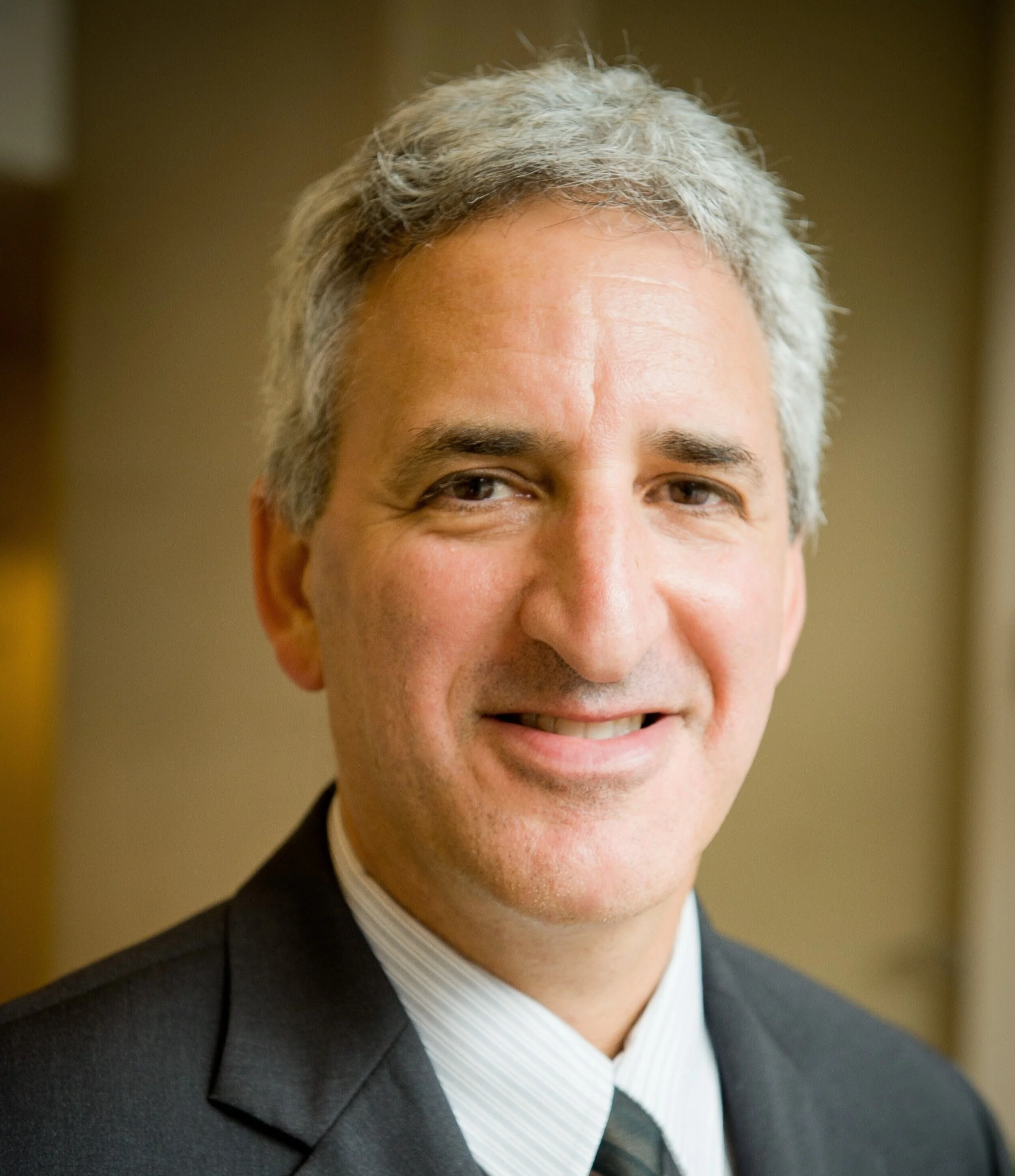Fiscal Therapy: Curing America’s Debt Addiction and Investing in the Future
William Gale is the Arjay and Frances Miller Chair in Federal Economic Policy and a senior fellow in the Economic Studies Program at the Brookings Institution. He is the author of "Fiscal Therapy: Curing America’s Debt Addiction and Investing in the Future." He is also the Co-Director of the Urban-Brookings Tax Policy Center and served as senior economist for the White House Council of Economic Advisers under President George H.W. Bush from 1991-1992.
The dominant narrative around our national debt is all too familiar: every dollar of federal spending is bankrupting the U.S.; harsh austerity will soon be unavoidable; taming deficits means crippling cuts to crucial programs. In this episode, Dr. Gale turns the orthodoxy of fiscal responsibility on its head, offers insights into the economics of federal spending during a pandemic, and discusses his progressive approach to reducing the national debt.
Our discussion centers around Dr. Gale’s most recent book, "Fiscal Therapy." We begin by examining the origins of federal borrowing habits and exploring the history of deficit spending during economic booms – a fiscal pattern that emerged during the Reagan era and has since become the norm.
Today, the gap between revenue and expenditures has as much to do with under-taxing as it does with overspending on entitlements such as Social Security and Medicare. While Medicare and Social Security are considered political “sacred cows,” an aging population and rising healthcare costs will bankrupt these programs, making significant reform a bipartisan political necessity.
Turning to the future of the federal budget, Dr. Gale’s emphasis on raising revenue provides a fresh perspective to a largely stale discourse around debt reduction. There is a possibility for consensus, he contends, around several central features of his approach to taxation. He sees potential in a progressive VAT (value-added tax) – a tax on all consumption of consumer goods that funds Universal Basic Income (UBI) for the poor and the lower middle class.
Former Treasury Secretary Larry Summers famously said that VAT faces political hurdles because “liberals think it’s regressive, and conservatives think it is a money machine.” Paired with a UBI, however, a VAT might be on the horizon, argues Dr. Gale. He is also optimistic about his proposal for a tax on all carbon emissions – a market-based compromise between Republicans wary of climate spending and Democrats hungry for tax revenue and climate action.
Dr. Gale’s insights on fiscal policy offer important lessons for today’s spending debates. He makes a strong case for choosing economic relief over fiscal restraint in the current economic climate, promoting a return to economic growth in the short term, and finding a path to a balanced budget in the long term. Specifically, he praised recent congressional funding for education, public transportation, and programs such as SNAP. He notes, however, that falling state and local tax revenue, growing entitlement spending, and state balanced budget requirements make more federal aid to state and local governments essential.
We concluded our conversation with a fascinating discussion about the evolving role of the Federal Reserve in the Covid economy, asking some of the most pressing questions in monetary policy: What are the flaws and contradictions in Modern Monetary Theory? How important were the corporate and municipal lending facilities created by the CARES Act? How long can today’s low interest rates last, and what implications do future rate hikes have for paying down the national debt?
Dr. Gale left us with one hopeful comment, amidst the turbulence and rancor of today’s politics and the structural impediments to fiscal responsibility: that future generations will ultimately prevail over this generation’s debt addiction.


